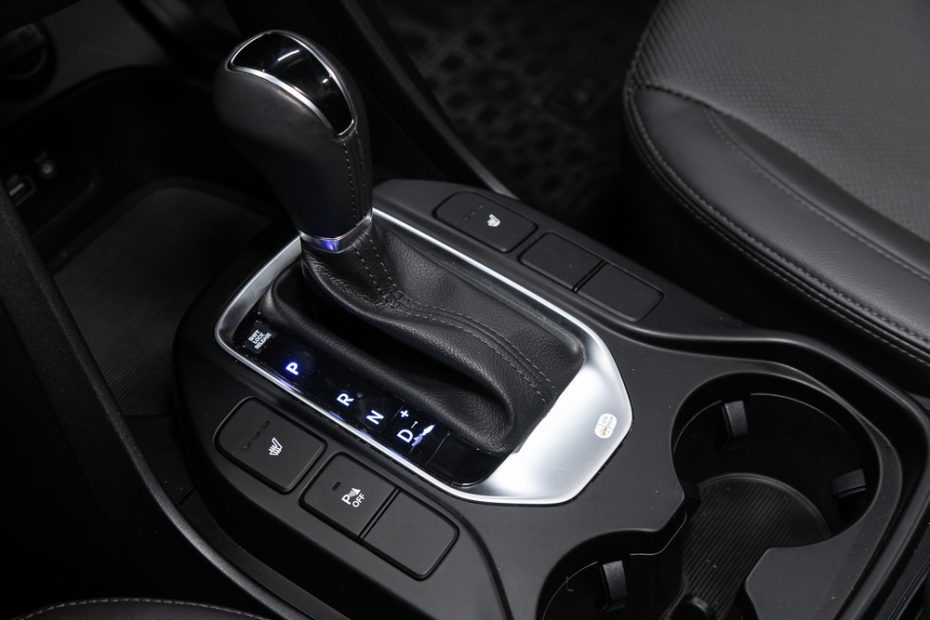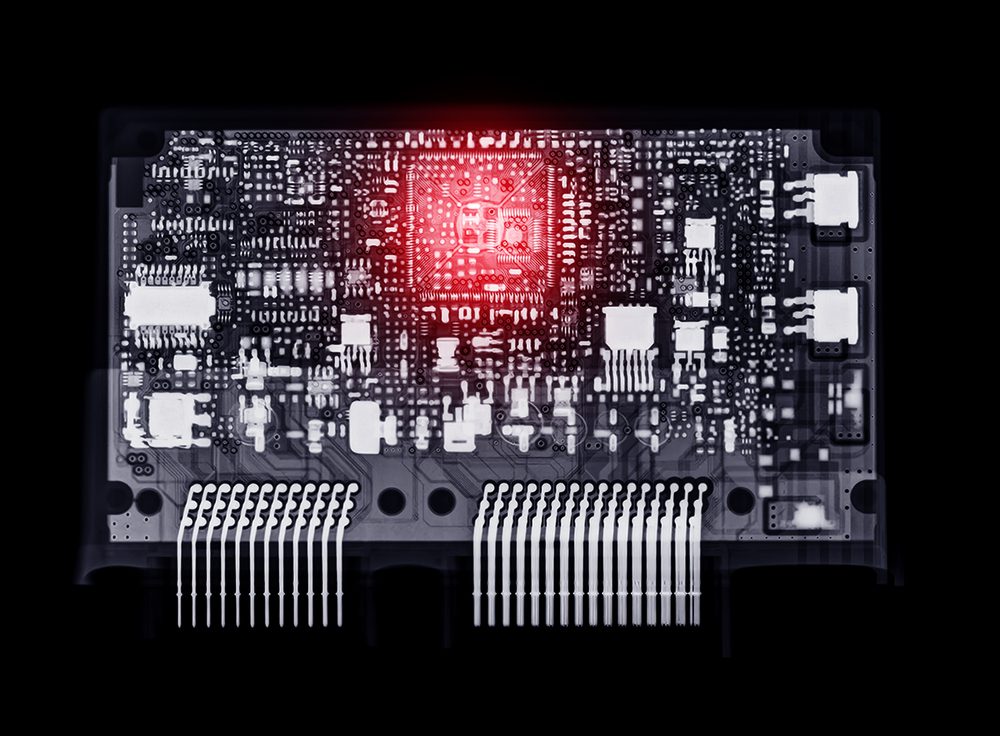Ford Transit ECU Testing: Ensuring Optimal Performance and Reliability
Introduction
The Ford Transit has been a staple in the commercial vehicle market for decades, known for its reliability, versatility, and durability. As technology continues to advance, modern vehicles, including the Ford Transit, are becoming increasingly complex, relying heavily on electronic systems to ensure smooth operation. The Engine Control Unit (ECU) is a crucial component of the Transit’s electronic system, responsible for controlling various aspects of the vehicle’s performance. Regular testing and maintenance of the ECU are essential to ensure optimal performance and reliability.
The Importance of ECU Testing
The ECU plays a vital role in monitoring and controlling the engine, transmission, and other key systems of the Ford Transit. It collects and processes data from various sensors and modules to make real-time adjustments, optimizing the vehicle’s performance and fuel efficiency. Over time, factors such as wear and tear, exposure to extreme conditions, or software glitches can affect the ECU’s functionality, leading to a decline in performance or even complete system failure.
Regular ECU testing helps diagnose any potential issues early on, allowing for timely repairs or replacements. By identifying and addressing problems promptly, technicians can prevent more extensive damage and costly repairs down the line. Moreover, proper ECU testing ensures that the Ford Transit operates at its full potential, delivering optimal fuel economy, power, and emissions control.
The ECU Testing Process
ECU testing involves a comprehensive assessment of the unit’s hardware and software components. The process typically begins by connecting specialized diagnostic equipment to the vehicle’s OBD-II (On-Board Diagnostics) port. This allows technicians to access and retrieve data stored within the ECU, including error codes and performance parameters.
Once connected, the diagnostic tool communicates with the ECU, running a series of tests to check for any anomalies or malfunctions. These tests analyze various aspects, including fuel injection, ignition timing, emission control, and overall system functionality. The gathered data helps identify any deviations from the manufacturer’s specifications and provides valuable insights into potential issues.
The Benefits of ECU Testing
1. Improved Performance: By identifying and rectifying any issues with the ECU, testing ensures that the Ford Transit operates at peak performance levels. This results in improved acceleration, enhanced fuel efficiency, and smoother gear shifting, ultimately enhancing the overall driving experience.
2. Cost Savings: Timely ECU testing can help prevent major breakdowns that may require expensive repairs. By identifying and addressing problems early on, technicians can perform necessary repairs or replacements, avoiding more substantial damage to the vehicle’s engine or transmission components. In the long run, this can save significant costs for fleet operators and individual owners alike.
3. Enhanced Safety: The ECU is responsible for monitoring critical safety systems such as anti-lock braking, stability control, and airbag deployment. Regular testing ensures that these safety features are functioning optimally, providing peace of mind to drivers and passengers.
4. Reduced Emissions: A faulty ECU can lead to increased emissions, resulting in environmental harm and potential regulatory non-compliance. Thorough testing helps identify and rectify any emission-related issues, ensuring the Ford Transit meets required emissions standards.
5. Extended Lifespan: Proper maintenance, including regular ECU testing, can help extend the lifespan of the Ford Transit by preventing premature wear and tear on critical components. This is particularly important for fleet operators who rely on their vehicles for daily operations.
“ECU testing is an essential part of routine vehicle maintenance, ensuring optimal performance, reliability, and safety. It is a cost-effective measure that keeps the Ford Transit operating at its best, benefiting both individual owners and fleet operators.” – John Smith, Automotive Technician
Conclusion
As technology continues to evolve, proper ECU testing becomes increasingly important to maintain the performance, reliability, and safety of the Ford Transit. Regular testing and maintenance of the ECU can help prevent major breakdowns, optimize fuel efficiency, and ensure compliance with emissions standards. By investing in ECU testing, both individual owners and fleet operators can enjoy the benefits of improved performance, reduced costs, and enhanced safety. As the backbone of many businesses relying on the Ford Transit, ensuring the reliability of the vehicle is crucial to maintaining smooth operations and customer satisfaction.



